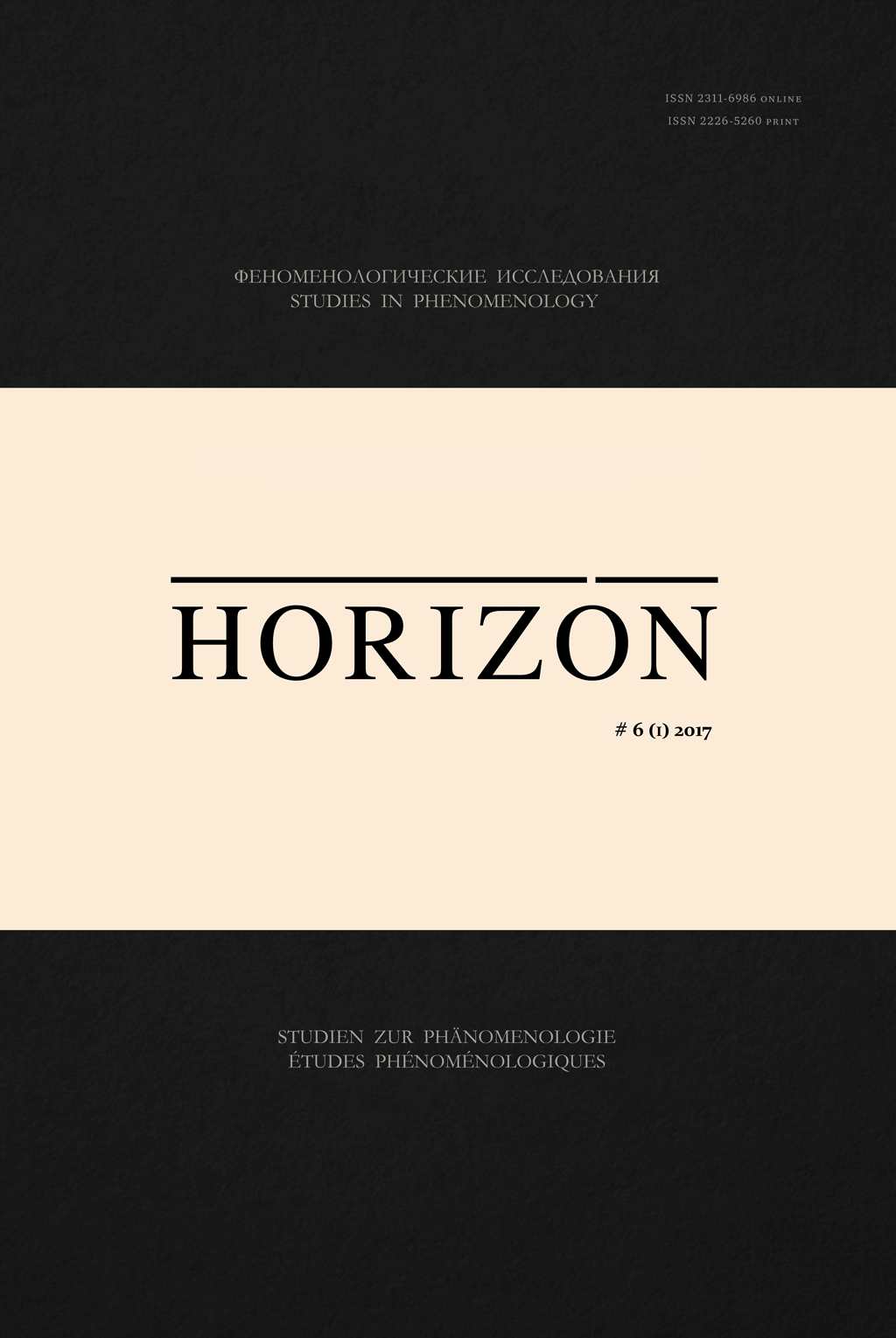ТРАНСЦЕНДЕНТАЛЬНЫЙ СОЛИПСИЗМ
TRANSCENDENTAL SOLIPSISM
Author(s): Yaroslav SlininSubject(s): Early Modern Philosophy, Phenomenology
Published by: Издательство Санкт-Петербургского государственного университета
Keywords: Skepticism; Descartes; methodological doubt; Husserl; phenomenological reduction; analogous apperception
Summary/Abstract: In the article I intend to demonstrate that the Cartesian rule never to accept anything unobvious anddoubtful for true ends up with solipsism. Confines himself to this rule Descartes obtains an elementaland absolute truth of “I think, therefore I am”. However, the doubtless existence of my ego does notimply the doubtless existence of the other egos. Descartes tried to find a way out by composing theontological argument for the existence of God. This argument cannot be recognized as sound sinceby no means all of it transitions are doubtless just as cogito ergo sum is. As a result Descartes failed toeliminate the solipsism problem. At a later stage Husserl trying to overcome relativism and skepticism,being convinced that each truth is an absolute and believing that all absolute truth must be doubtlessattempted to discover such truth. Husserl’s procedure of the phenomenological reduction appeared tobe an improved version of Descartes’s method of doubts. It delivers the result that the only existenceof transcendental ego and everything that is immanent to it is doubtless. This result correspondsto the Cartesian thesis of the obviousness of sum cogitans. According to Husserl the autonomousexistence of God and nature turn out to belong to the domain of doubtful transparentness. As for theexistence of other egos, according to Husserl it is transcendental and doubtless at the same time. Thesum cogitans appresentation which is an analogical apperception bears witness for that fact. Frommy point of view, nevertheless, an argumentativeness of the analogical apperception is no betterthan that of Descartes ontological argument. It cannot provide rationalization for the thesis that thetranscendental existence of other egos is obvious and doubtless. Thus, the transcendental solipsismstays ambiguous. In the end of the article I am analyzing the two main characteristics of sum cogitans:its contingency and discreteness.
Journal: Horizon. Феноменологические исследования
- Issue Year: 6/2017
- Issue No: 1
- Page Range: 116-139
- Page Count: 24
- Language: Russian

